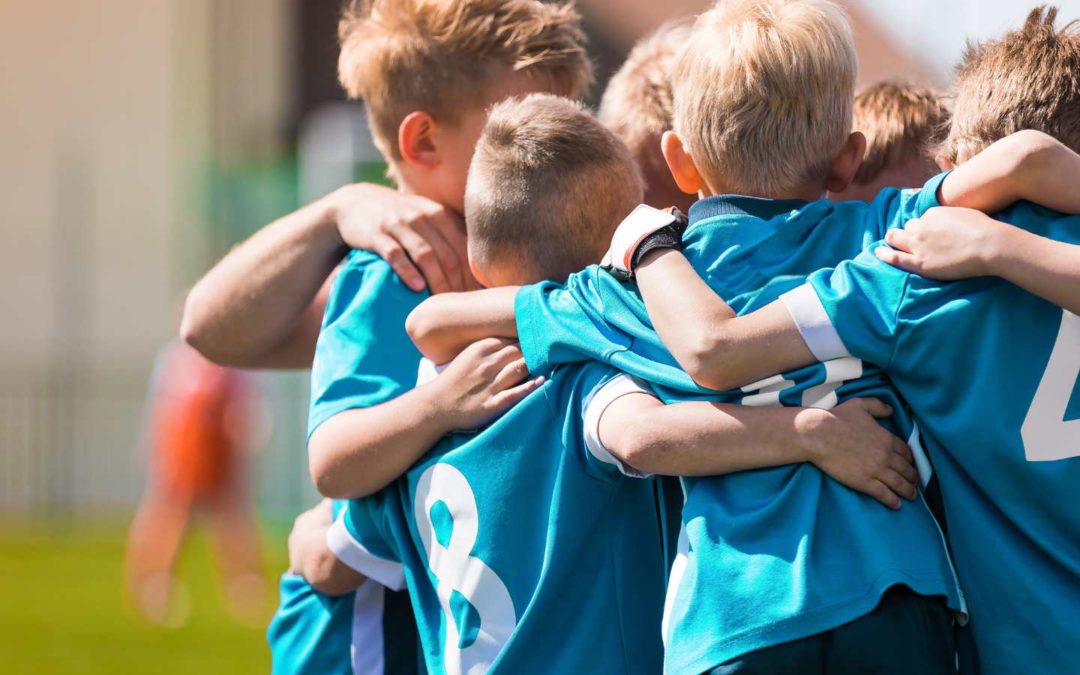Children with ADHD can struggle with team sports because understanding the different rules and why can be overwhelming. When planning a PE lesson or teaching a particular sport remember to consider their challenges as well as their strengths. If a child has difficulty when losing, assess whether a team sport, in which the child can absorb a loss with teammates, or an individual sport is best. A child with attention problems will likely benefit from a sport with constant motion and excitement. Here are some key things to remember:
- Be careful not to unintentionally humiliate a child or single them out. Take the time to find out what a child does not understand and help them work through it. Perhaps designate a team buddy who can help guide the child through the different stages of the game.
- Bring fun and energy to your teaching to keep them engaged. Children with ADHD can get bored and distracted standing around waiting for their turn so make sure that they are constantly active.
- Go one-on-one. Kids with ADHD can get lost in a group dynamic.
- Ask them to repeat what they heard. This goes a long way towards avoiding communication breakdowns. If a child appears to be disengaged or confused, try to find out where the breakdown occurred so the problem can be corrected with further explanation.
- Win — and lose — as a team. Many children have a hard time with losing. Make sure that the players know that winning or losing is a team responsibility and that a player should not be singled out or held at fault, even if he missed the last shot or missed a save. Instil and demonstrate sportsmanship values for all players. Support, encouragement, and respect for all players should be a top priority.
- Move players around. By rotating positions, everyone on the team has an opportunity to be in active positions (for example, from attack to defence). This will help use excess energy well and possibly explore new skills.
- Manage excitement. Children with ADHD often get caught up in the action of the game, forgetting about strategy and teamwork.
- During downtimes you can maintain engagement by asking them to assist keeping score, organise equipment, anything that will hold their interest.
- If the child becomes overwhelmed, take a break.
- Think young. Children with ADHD are often socially and emotionally younger than their age so keep it light-hearted and FUN!


